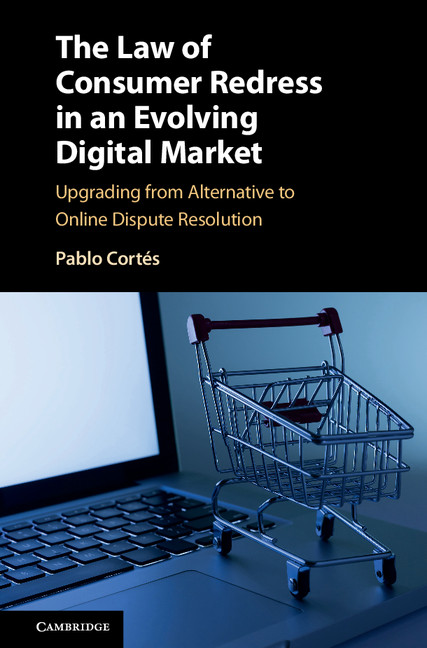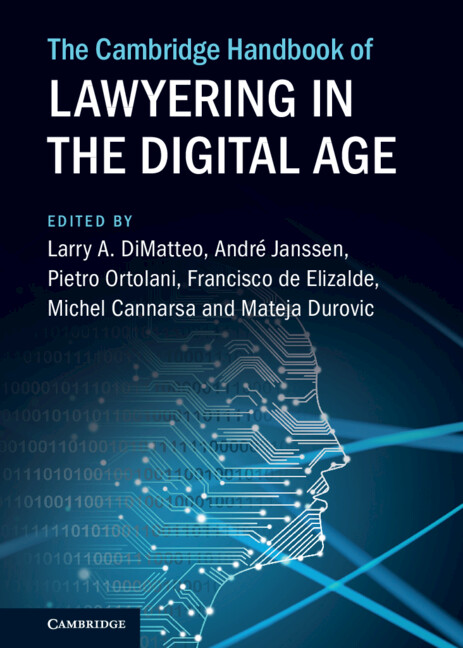The Law of Consumer Redress in an Evolving Digital Market
This book advances the emergence of a new sub-field of study, the law of consumer redress, which encompasses the various dispute resolution processes for consumers, their regulations, and best practices. The book argues that the institutionalisation of alternative dispute resolution (ADR) bodies are expanding their functions beyond dispute resolution, as they are increasingly providing a public service for consumers that complements, and often replaces, the role of the courts. Although the book focuses on ADR, it also analyses other redress methods, including public enforcement, court adjudication and business internal complaints systems. It proposes a more efficient rationalisation of certified redress bodies, which should be better co-ordinated and accessible through technological means. Accordingly, the book calls for greater integration amongst redress methods and offers recommendations to improve their process design to ensure that, inter alia, traders are encouraged to participate in redress schemes, settle early meritorious claims and comply with outcomes.
- Incorporates recent legal developments in the field of consumer redress, keeping abreast with fundamental legal changes
- Examines different consumer redress models, and European as well as various national dispute resolution schemes
- Discusses how technology is being imbedded into the dispute resolution process looking at the intersection of technology and dispute resolution
Reviews & endorsements
'Dean Knight has made a marvellous contribution to our understanding of judicial review doctrine and he has provided us with an attractive normative framework for assessing that doctrine … Whatever one’s interests as a public lawyer, this book is a must-read.' Peter Cane, The Modern Law Review
Product details
November 2017Hardback
9781107079007
324 pages
235 × 156 × 22 mm
0.59kg
Available
Table of Contents
- Introduction
- 1. Consumer redress – from public enforcement to alternative dispute resolution
- 2. Upgrading from alternative to online dispute resolution
- 3. Judicial redress for consumer disputes – the need for collaboration between courts and extrajudicial scheme
- 4. Out of court consumer redress – the European law on ADR and the re-design of the ODR platform
- 5. Consumer ADR in three radically different jurisdictions – Italy, Spain and the UK
- 6. Pursuing global consensus on consumer redress – the UNCITRAL technical notes for online dispute resolution
- 7. Voluntariness as the Achilles' heel of ADR – the case for incentives and mandatory redress schemes
- 8. Dispute system design features of effective consumer redress models
- Conclusion.




